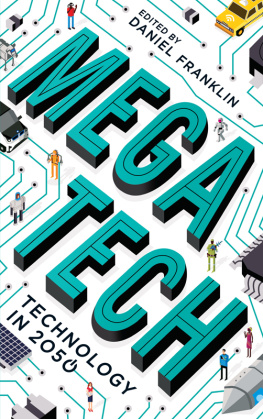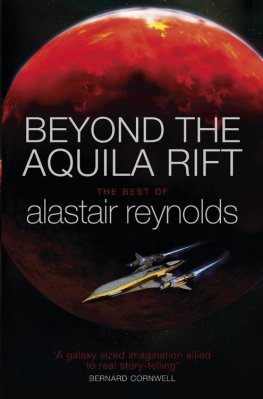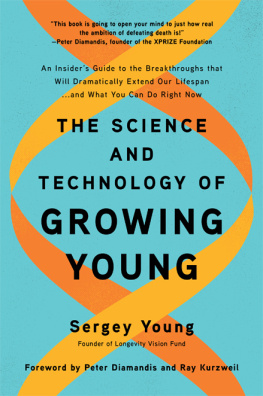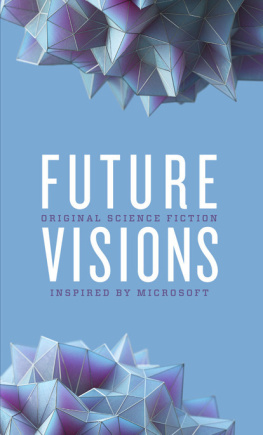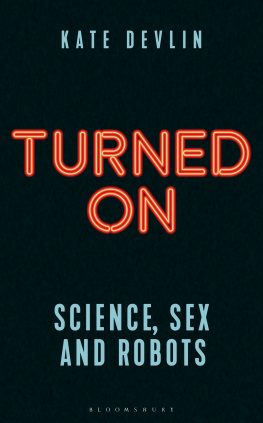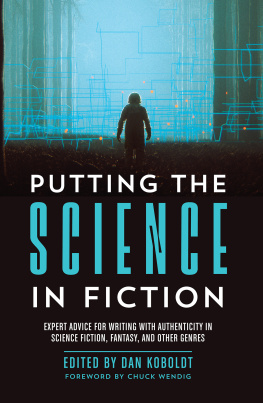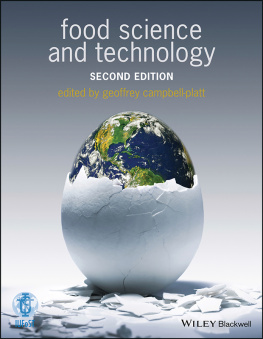MEGATECH
DANIEL FRANKLIN is Executive Editor of the Economist and editor of the Economists annual publication, The World in, which focuses on the year ahead. Since joining the Economist in 1983, he has written about Soviet and East European affairs, covered great European upheavals from the collapse of communism to the signing of the Maastricht treaty and been Britain Editor and later Washington Bureau Chief in the US. He is co-editor of Megachange (Economist Books, 2012).
MEGATECH
TECHNOLOGY IN 2050
edited by
DANIEL FRANKLIN

Published under exclusive licence from The Economist by
Profile Books Ltd
3 Holford Yard
Bevin Way
London WC1X 9HD
www.profilebooks.com
Copyright Profile Books Ltd, 2017
Melinda Gates, If every woman had a smartphone The Economist Newspaper Ltd, 2015
All rights reserved. Without limiting the rights under copyright reserved above, no part of this publication may be reproduced, stored in or introduced into a retrieval system, or transmitted, in any form or by any means (electronic, mechanical, photocopying, recording or otherwise), without the prior written permission of both the copyright owner and the publisher of this book.
The greatest care has been taken in compiling this book. However, no responsibility can be accepted by the publishers or compilers for the accuracy of the information presented.
Where opinion is expressed it is that of the author and does not necessarily coincide with the editorial views of The Economist Newspaper.
While every effort has been made to contact copyright-holders of material produced or cited in this book, in the case of those it has not been possible to contact successfully, the author and publishers will be glad to make amendments in further editions.
A CIP catalogue record for this book is available from the British Library
eISBN 978 1 78283 166 2
Contributors
Ryan Avent is economics columnist at The Economist. He is the author of The Wealth of Humans: Work and its Absence in the Twenty-First Century.
Geoffrey Carr is The Economists science and technology editor.
Tim Cross is science correspondent at The Economist.
Robert Carlson is a scientist, entrepreneur and the author of Biology is Technology: The Promise, Peril, and New Business of Engineering Life. He is a managing director of Bioeconomy Capital, a biotech investment house, and a principal at Biodesic, a strategy, engineering and security consulting firm.
Kenneth Cukier is senior editor for digital products at The Economist. He is the co-author of Big Data: A Revolution that Transforms How We Work, Live and Think.
Gianrico Farrugia is chief executive of the Mayo Clinic at Jacksonville, Florida. A professor of medicine and physiology, he specialises in gastroenterology and is a pioneer of individualised medicine.
Luciano Floridi is professor of philosophy and ethics of information at the University of Oxford. His most recent book is The Fourth Revolution: How the Infosphere is Reshaping Human Reality.
Melinda Gates is co-founder and co-chair of the Bill & Melinda Gates Foundation.
Lynda Gratton is professor of management practice at London Business School. Her books on the impact of a changing world on work include The Shift and The Key. Her latest book, with co-author Andrew Scott, is The 100-Year Life: Living and Working in an Age of Longevity.
Nancy Kress is a multiple-award-winning American science-fiction writer, whose works include After the Fall, Before the Fall, During the Fall and Yesterdays Kin.
Paul Markillie is innovation editor at The Economist. He was previously editor of the newspapers Technology Quarterly and author of a special report on the future of manufacturing, The third industrial revolution.
Leo Mirani is The Economists news editor. Previously he reported on technology for Quartz.
Oliver Morton is The Economists briefings editor and a seasoned science writer. His latest book is The Planet Remade: How Geoengineering Could Change the World.
Alastair Reynolds is a British science-fiction writer, whose works include the Poseidons Children and Revelation Space series of novels.
Anne Schukat is a freelance journalist who has been a frequent contributor to The Economist on science and technology.
Tom Standage is deputy editor and head of digital strategy at The Economist. He is one of the papers leading writers on technology. His books include The Victorian Internet and Writing on the Wall: Social Media The First 2,000 Years.
Benjamin Sutherland is a regular contributor to The Economist. He is the author of Modern Warfare, Intelligence and Deterrence: The Technologies that are Transforming Them.
Frank Wilczek is Herman Feshbach professor of physics at the Massachusetts Institute of Technology. He was awarded the Nobel prize in physics in 2004. His books include A Beautiful Question: Finding Natures Deep Design.
Ann Winblad is a founding partner of Hummer Winblad Venture Partners, based in San Francisco, and for over 30 years has been a leading entrepreneur and investor in the software industry.
Adrian Wooldridge is The Economists management editor and Schumpeter columnist. His most recent book is The Great Disruption: How Business is Coping with Turbulent Times.
The editor
Daniel Franklin is executive editor of The Economist and editor of its annual publication on the year ahead, The World in He co-edited Megachange: The World in 2050.
Introduction: meet megatech
Daniel Franklin
THIS BOOK IS BASED ON the idea that it can be useful to consider the long view. Setting our sights on 2050 is an invitation to identify the fundamental forces likely to shape the world between now and then. This volumes predecessor, Megachange: The World in 2050, published in 2012, provided an overview of such trends, from demography and religion to the economy and culture. Here the focus is narrower on technology alone but Megatech still ranges widely. For technology influences pretty much everything.
Clearly, it is impossible to know for sure what the technologies of 2050 will be, just as, 30 years ago, nobody could have envisaged todays world of Apple, Amazon, Facebook and Google. However, it is interesting and mind-stretching to make educated guesses. To do so, Megatech draws on the expertise of scientists, entrepreneurs, academics and sci-fi writers, as well as journalists from The Economist. The result is a rich variety of perspectives on how technology will evolve and affect us in the decades ahead.
Tools and platforms
We start with the basics. The first six chapters, in , address fundamental questions about the future of technology and what is likely to drive or constrain change. Where should we look for signs of what lies ahead? What will advances in science physics and biology, in particular make possible, and where might technology bump up against limits? How do investors spot emerging technologies and where are they putting their money now? Will change really be as fast and dramatic as is commonly supposed, or will it pale by comparison with the technology revolution of the last century?
Next page
